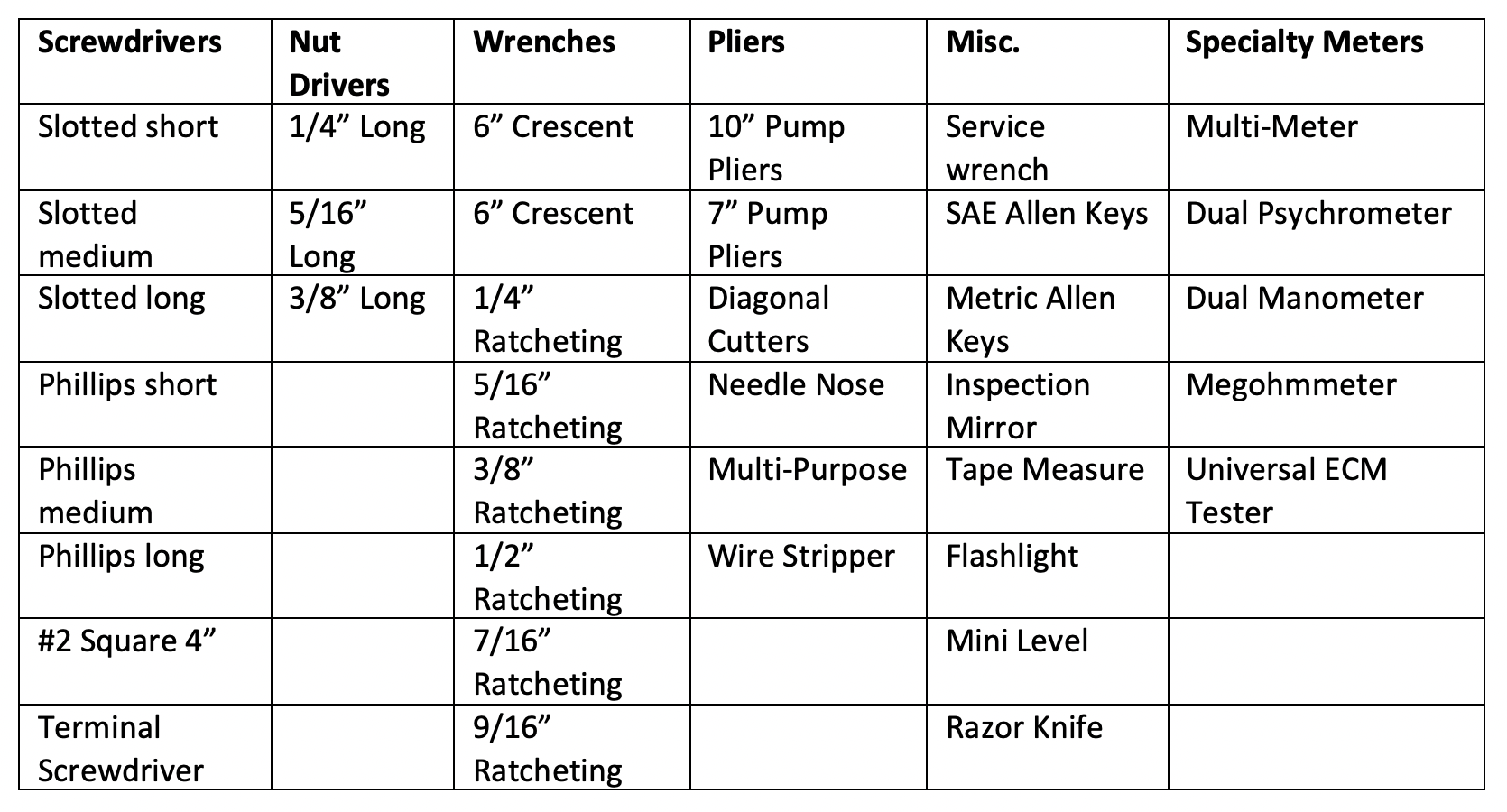
When I was first starting out in the HVAC Industry as a new technician, it was a common joke at my first company that you could tell the longer a technician had been in the industry by looking at his tool bag. The joke was that while newbie technicians such as me had a tool bag loaded with tools, the veteran technicians had a mostly empty and worn bag that had a few things here and there in it. Granted, I learned a lot from the senior technicians at that company, but I did not carry that habit with me. If you want to do a job correctly, then you must have the correct tools.

Now, I do not claim to be the ultimate tool possessing guru. I have purchased enough tools in my career to be long tired of doing so. When they hand out the award for “he with the most tools upon their death” … my bank account will be very happy that I am not in the running for that title. However, tools are a necessity. It is wise to have what you need and to get the best version of it that you can afford. I have heard and read the saying “Buy once, cry once” and think it is a great reminder that buying one high-quality item will often prove to be less expensive in the long run than buying multiple low-quality items.
So, let us look at the contents of what I would consider a “standard” tool bag:

Now, I am known to be somewhat opinionated on tools. Though, I am not sure if opinionated is really an accurate description. I am a skilled tradesman who has made a living using these tools. I want to use tools that I find to be comfortable and of high quality to me. I have certain brands that I strongly prefer.

Klein Tools for example is my hand tool of choice for screwdrivers, nut drivers, and pliers; for those who might think I get freebies for plugging Klein … you obviously have never dealt with Klein … I cannot even get them to send me a free sticker for my truck (had to buy it).

Investing in your tools is part of investing in yourself. You should reasonably expect to spend $1000-$1500 to get a good standard tool bag outfitted; probably another $400-$1000 to get a set of gauges and a refrigerant leak detector.

Most companies will supply the larger tools: Recovery Machine, Vacuum Pump, Torch Set, Nitrogen Set, and Refrigerant Scale. Being an HVAC technician is a career path. If you really want to grow in your career, you should be willing to help make that happen. In closing, here is a look at my basic setup.
If you have a nice tool bag set up, send me some pictures at techservices@ecmdi.com

